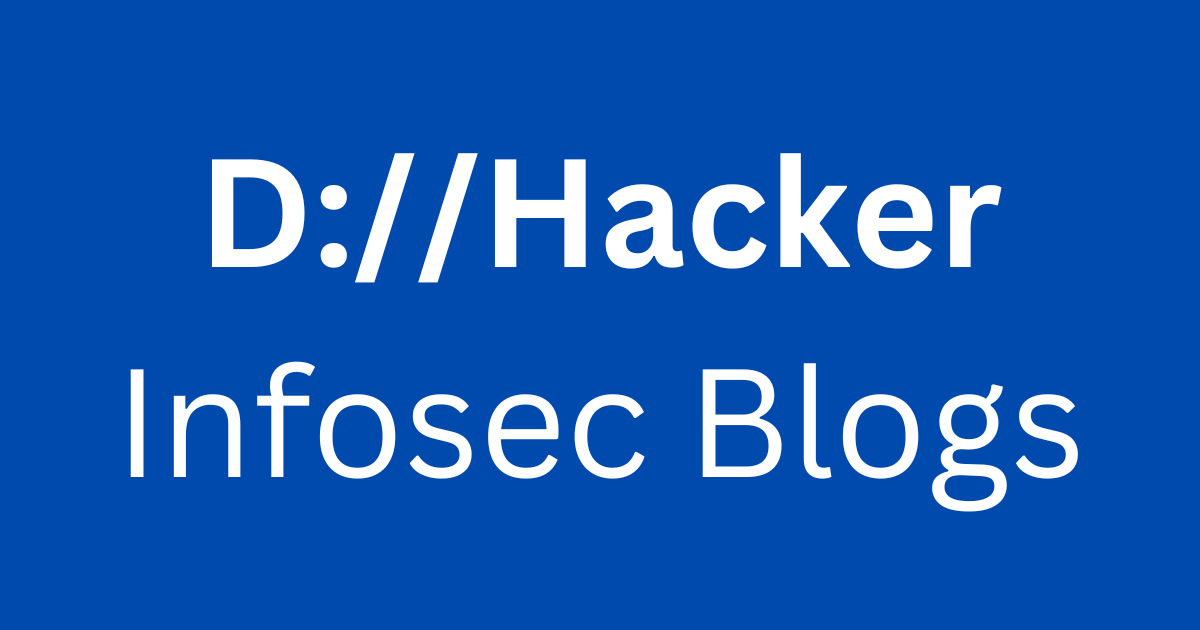Introduction
Blockchain: In an increasingly interconnected world, the financial industry faces a persistent and evolving threat from cybercriminals. Traditional security measures are no longer sufficient to protect banks and their customers from sophisticated cyber attacks. However, emerging technologies like blockchain and smart contracts offer promising solutions to fortify banks’ security and safeguard sensitive financial data. In this blog, we will explore how blockchain and smart contracts can revolutionize bank security from a cybersecurity perspective.

Understanding Blockchain Technology
Blockchain is a decentralized, immutable ledger that records transactions across a network of computers. Each block in the chain contains a list of transactions, and every block is cryptographically linked to the previous one, forming a continuous chain. The decentralized nature of blockchain ensures that no single entity has control over the entire system, making it inherently resistant to tampering and fraud.
Enhancing Data Protection
One of the primary benefits of using blockchain in the banking sector is its ability to enhance data protection. Traditional databases store sensitive customer information in a centralized location, making them vulnerable to single-point attacks. On the other hand, blockchain stores data across a network of nodes, making it exceptionally difficult for hackers to compromise the entire system.
Additionally, blockchain’s cryptographic features ensure data integrity and immutability. Once a transaction is recorded on the blockchain, it cannot be altered or deleted, providing a verifiable and auditable record of all financial activities. This feature can significantly reduce the risk of data manipulation and unauthorized access.
Securing Digital Identities
Identity theft and fraudulent account openings are significant concerns for banks and their customers. Blockchain can offer a solution by providing a secure framework for managing digital identities. Instead of relying on centralized databases, which can be prime targets for cybercriminals, banks can use blockchain-based identity verification systems.
With blockchain-based digital identities, users retain control over their personal information, granting access only to authorized parties when necessary. This self-sovereign identity model prevents identity fraud, streamlines customer onboarding processes, and improves the overall security of banking operations.
Smart Contracts for Secure Transactions
Smart contracts are self-executing contracts with the terms and conditions directly written into code. These contracts automatically execute when specific conditions are met, leaving no room for ambiguity or manipulation. When combined with blockchain, smart contracts create a robust and secure environment for financial transactions.
Traditional banking transactions involve multiple intermediaries, which can lead to delays and increased costs. Smart contracts eliminate the need for intermediaries, ensuring direct peer-to-peer transactions. By removing intermediaries, the risk of potential cyber threats posed by them is significantly reduced.
Moreover, smart contracts can be programmed to execute only when predefined conditions are met. This feature adds an extra layer of security, ensuring that transactions occur only when all requirements are satisfied. As a result, fraudulent transactions and unauthorized access can be minimized.
Blockchain-Based Auditing and Compliance
In the banking sector, compliance with regulations and auditing are essential to maintain trust and transparency. Traditional auditing processes can be time-consuming, costly, and potentially prone to errors. Blockchain can streamline these procedures by providing real-time, transparent access to transactional data.
As all transactions are recorded on an immutable ledger, auditors can efficiently verify the integrity of financial records without the need for complex and time-consuming reconciliations. This enhanced transparency can also assist banks in meeting regulatory requirements and prevent fraudulent activities within the organization.
Conclusion
The integration of blockchain and smart contracts has the potential to revolutionize bank security from a cybersecurity perspective. By leveraging the decentralized, transparent, and immutable nature of blockchain, banks can enhance data protection, secure digital identities, and streamline their operations. Smart contracts enable secure and efficient transactions, reducing the reliance on intermediaries and mitigating the risk of fraud.
However, while blockchain and smart contracts offer promising solutions, their implementation requires careful consideration of regulatory frameworks, interoperability challenges, and potential scalability issues. As the technology continues to evolve, collaborations between banks, regulators, and technology experts will be crucial to harness its full potential in fortifying bank security and protecting customers from cyber threats.

